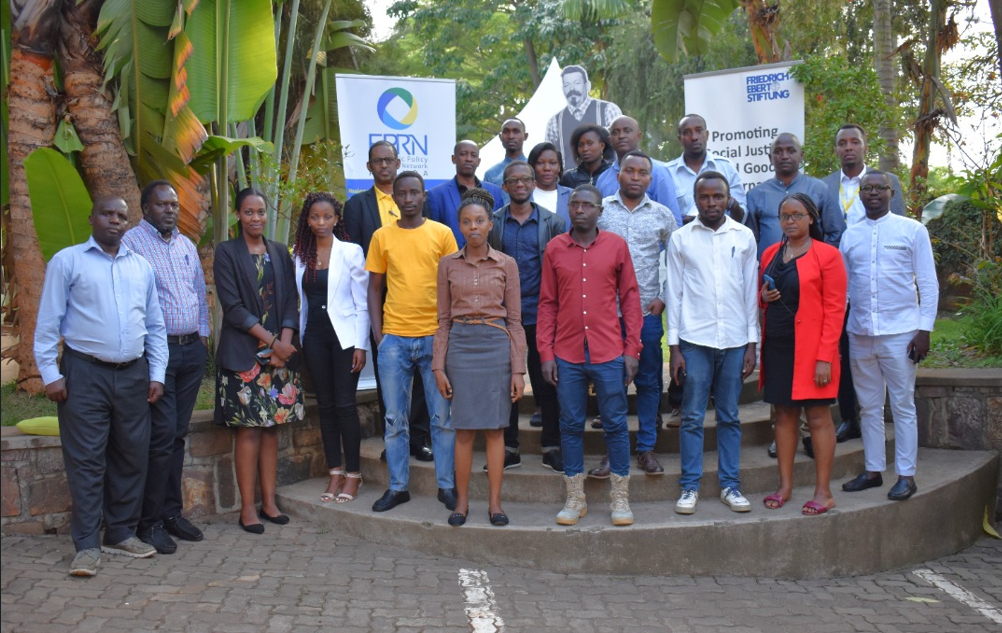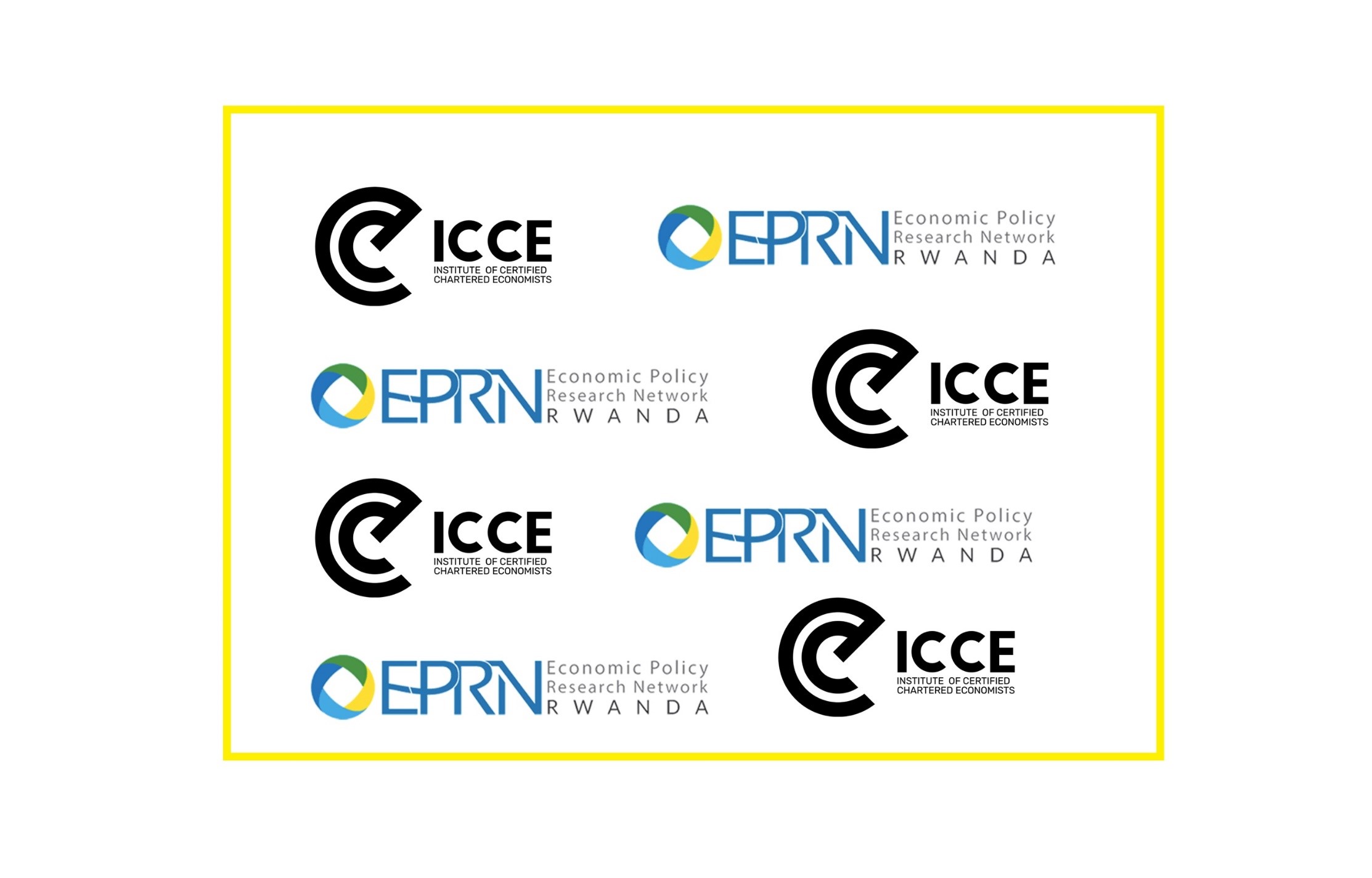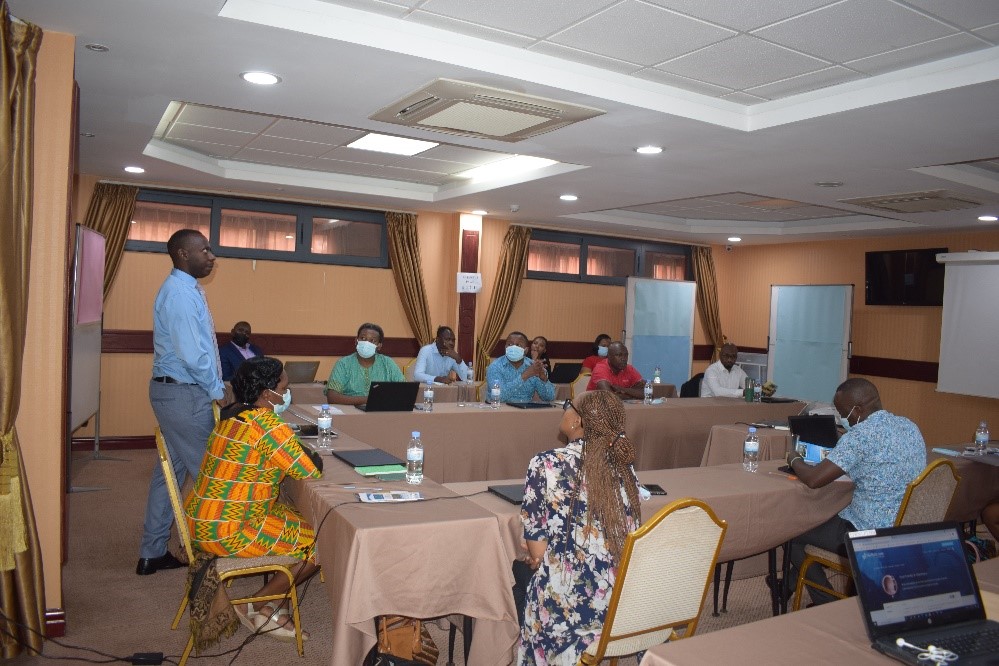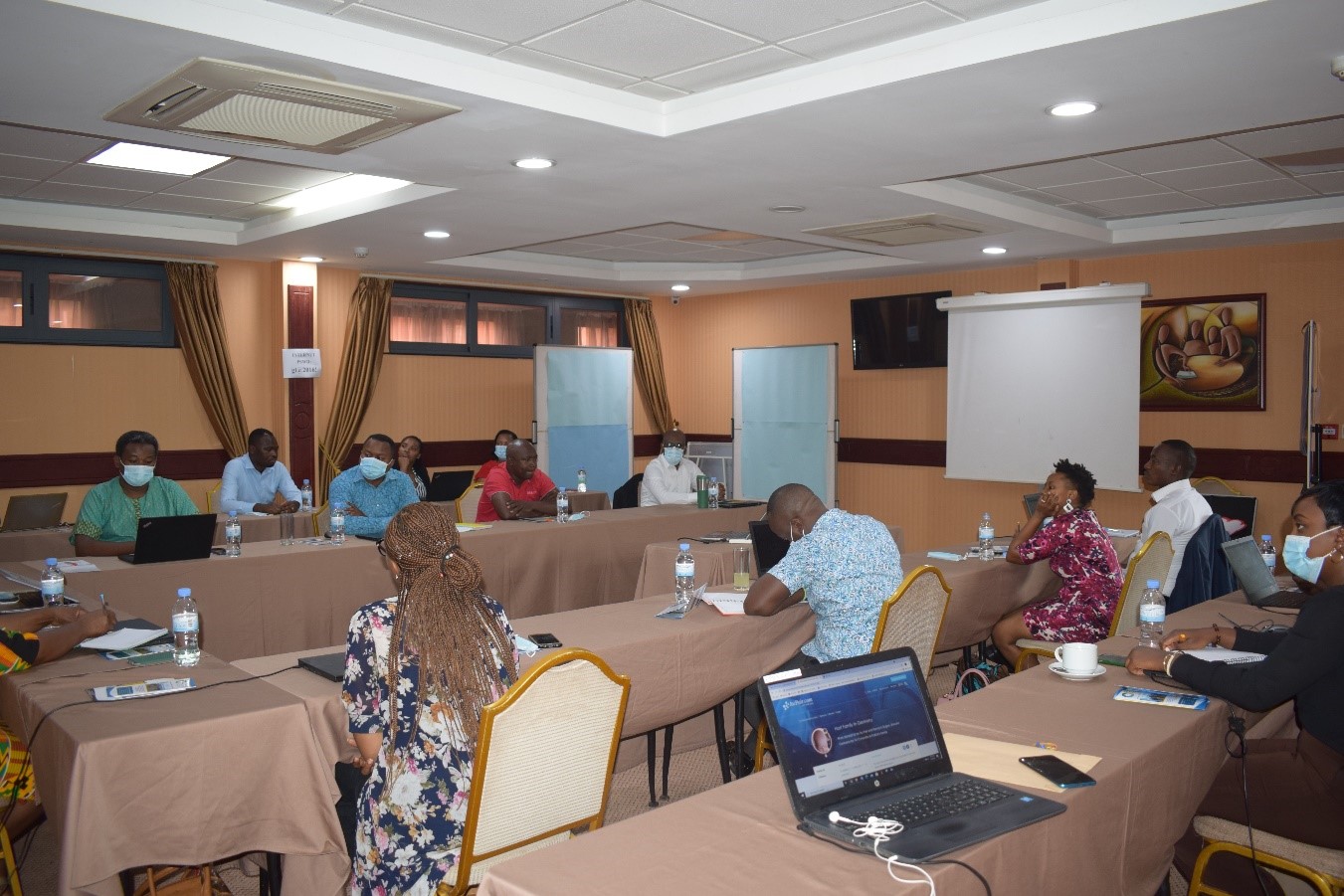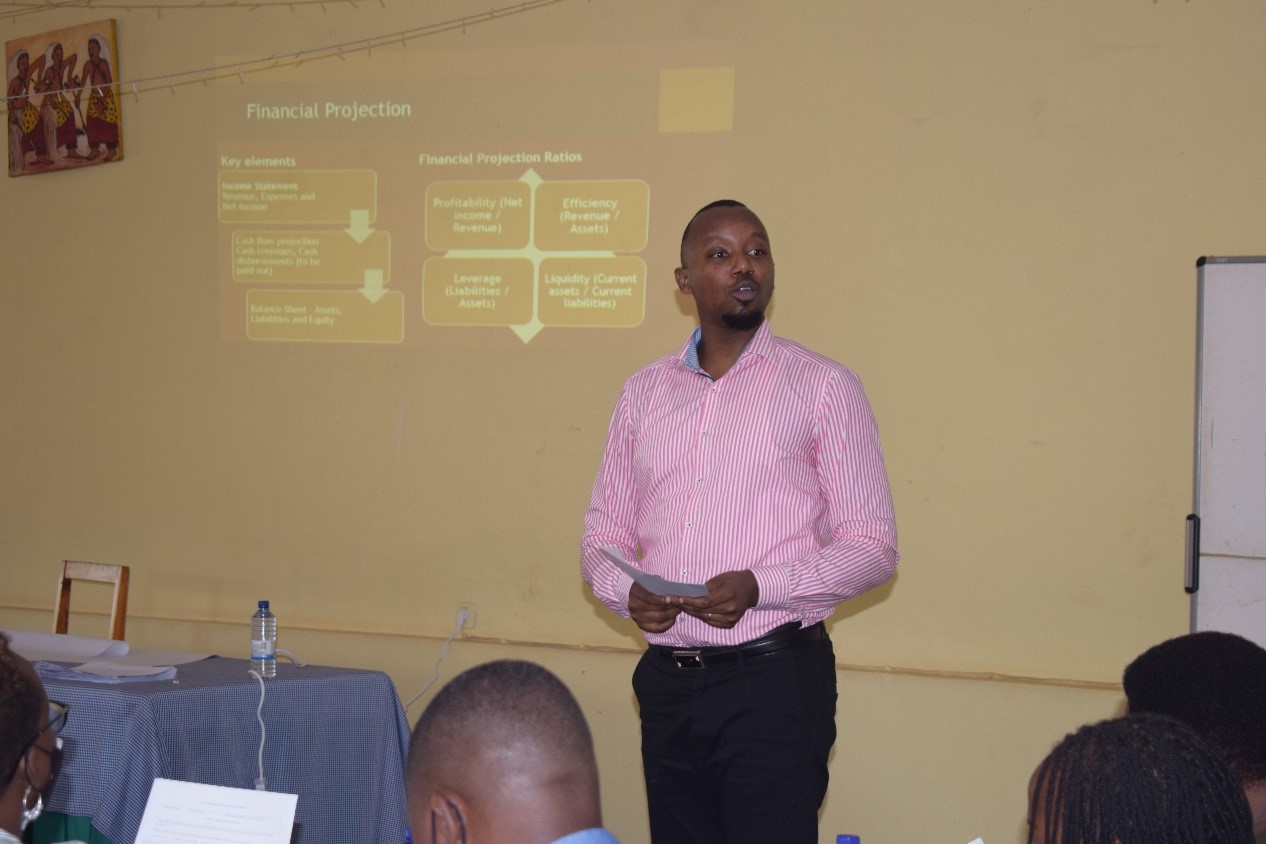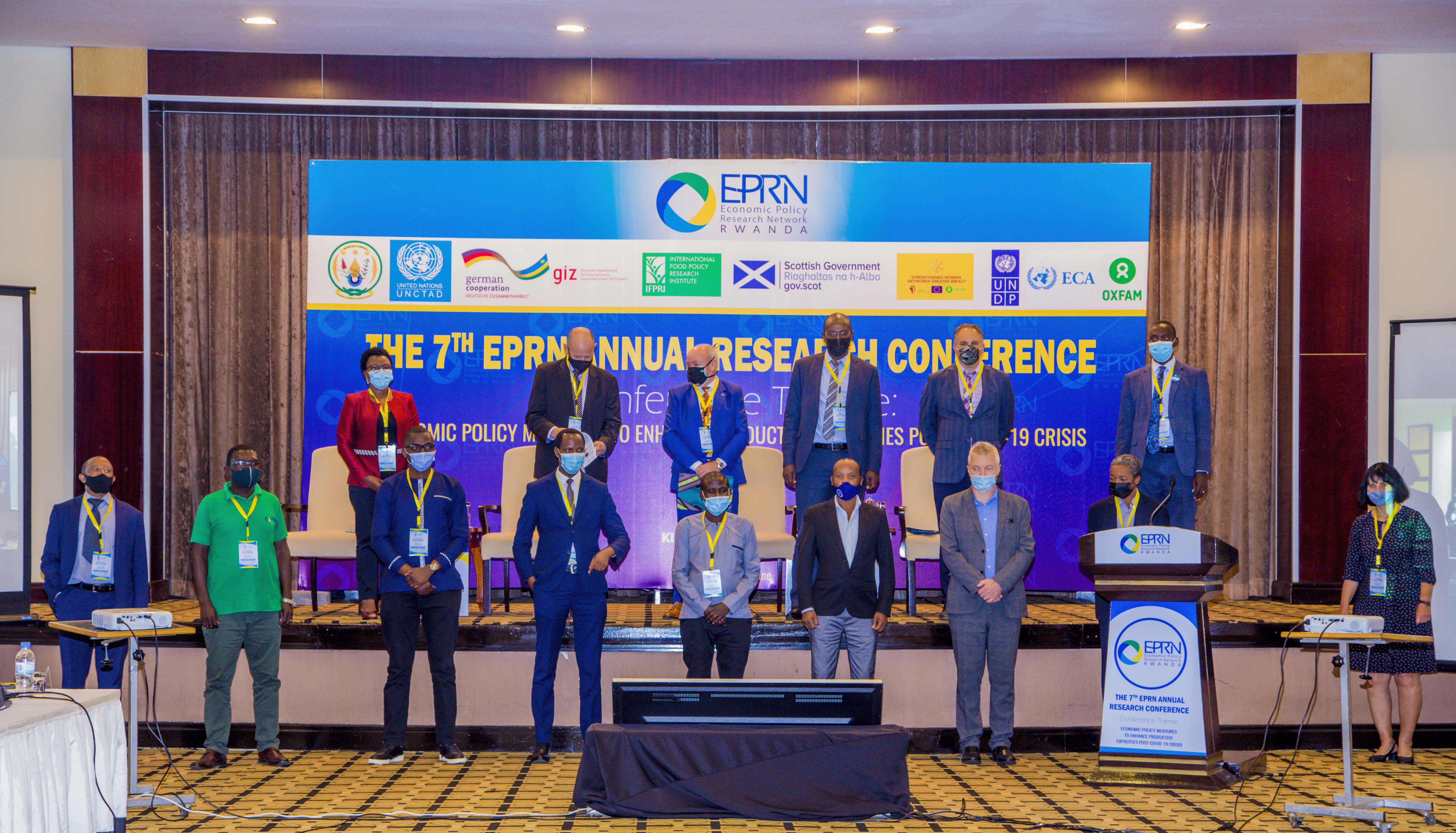Trend and factors associated with household food security in Rwanda, 2012-2018 : An economic perspective

By : Dushimimana Jean de Dieu and Habinshuti Vital
ABSTRACT
Most developing countries experienced food security issues caused by different factors. In order to counter food insecurity, the Rwandan government has implemented different policies aimed at improving food security situation among its citizens. This study aims to investigate trends and potential factors associated with household food security in Rwanda from 2012 to 2018. We used data from the Comprehensive Food Security and Vulnerability Analysis survey (FSVA2012 to 2018), and a cross-sectional population-based survey that is conducted every two years by the National Institute of Statistics of Rwanda. Following prior work, we define a variable that indicates household food security as binary. We assess the overall trends in household food security in Rwanda and then conduct bivariate analysis across a range of policy-relevant demographic and socioeconomic variables. We then incorporate key variables in multivariable analysis to identify those factors that are independently associated with household food security. The trend showed that household food security increased from 70.9% (2012) to 81% (2018). Factors associated with household food security are household size, education level of household head, livestock possession, wealth index, having vegetable garden (akarima k’igikoni), and owned land size. Based on study findings, household food security situations in Rwanda have improved considerably. Reinforcing ongoing national policies to address food insecurity issues, while also working to reduce poverty among citizens, will empower Rwanda to reach all of its overall economic goals.
Keywords : Food Security in Rwanda, Food Security, food consumption, households
Download full paper
Doc 1







